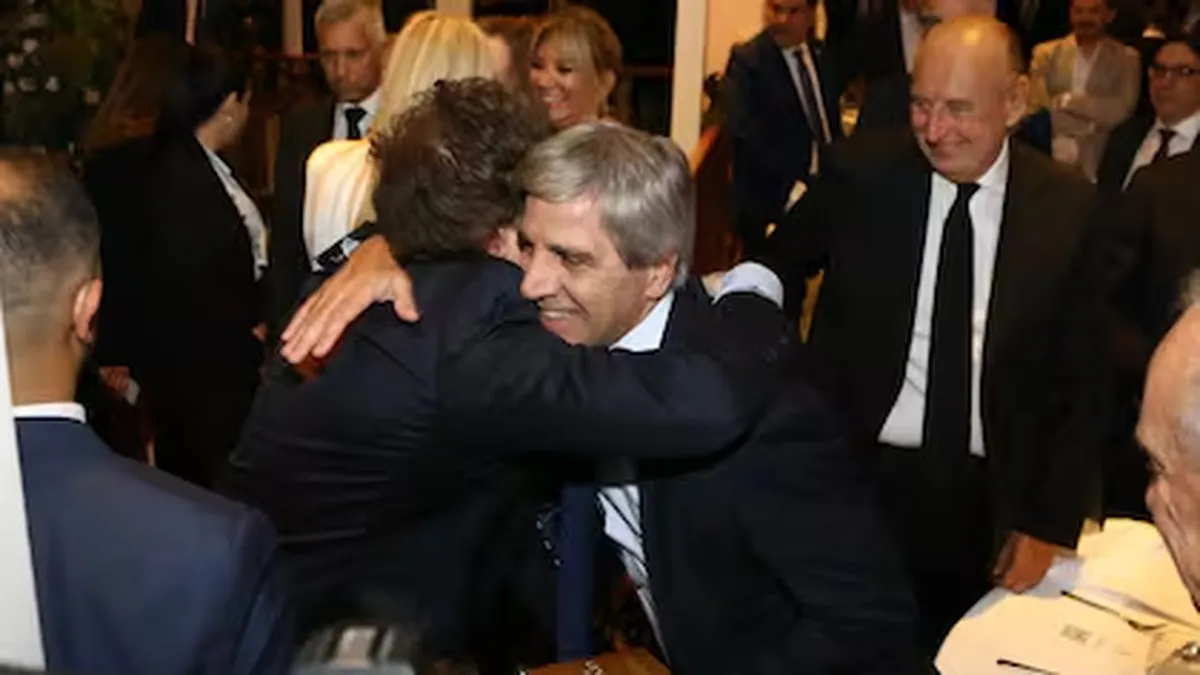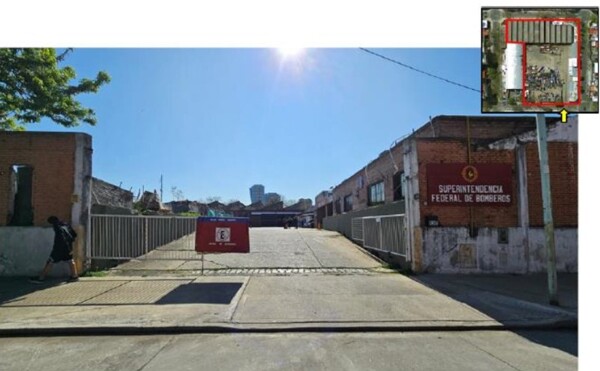
Buenos Aires, November 7, 2025 – Total News Agency-TNA-
The Mendoza-based businessman José Luis Manzano, one of the main shareholders of Grupo América and a historic figure of Menemism, is undergoing a repositioning that distances him from traditional Peronism and brings him closer to the Javier Milei administration, marking a key transition for both his corporate strategy and public profile.
During the heyday of the Peronist model, Manzano deployed investments in energy, oil companies, mining, and media, consolidating a diversified business structure. His empire through Integra Capital provides a privileged interlocution: negotiation of concessions, access to regulations, and international visibility.
By distancing himself from Peronism, Manzano exposes himself to criticism regarding the continuity of his business privileges under a new political banner, while at the same time risking being associated with the free-market model, with its promises and challenges yet to be proven. For Manzano, it is a bet on strategic engineering, where the game shifts from traditional politics to corporate protagonism.
The challenge now is whether this support translates into concrete facts: effective investments, job creation, regional impacts, and international visibility that legitimize the alliance. Analysts point out that his bet is functional to a government that seeks an 'Argentina as a laboratory of the free market,' but they warn that if the socio-economic results do not follow, the visibility can become vulnerability.
On the political front, Manzano also acts as a mediator between local economic power and international investment circles. His recent meeting with Milei in Miami —according to press chronicles, after an asset purchase operation by the state oil company YPF on a company from the Manzano group— symbolized this new stage where the businessman not only supports but becomes a strategic ally of the Government.
Manzano's political mutation is no minor matter: in the 2023 electoral cycle, he had voted for Sergio Massa, but once Milei's victory was consolidated, he publicly expressed his support for the economic course: 'Argentina can receive a massive flow of investments,' he said, and emphasized that his group is already 'investing and exporting' in critical minerals.
His presence at events like the Latam Forum, his positioning before the IMF—'the catalyst for investments in Argentina was the change in policy,' he stated— (Infobae), and his influence over the governors of key provinces consolidate him as a relevant figure on the new business-political map.
Manzano's turn, from a Menemist Interior Minister to an ally of the Milei Government, summarizes a mutation that goes beyond the circumstantial: it is the shift in the axis of an actor who understands that economic opening, foreign investment, and deregulation can give a new boost to his conglomerate.
Manzano already concentrates assets in electricity distribution, lithium, potassium, and gas exploration in the provinces of Río Negro and Neuquén, and expects to benefit from the reforms approved by the ruling party. If Manzano's turn out to be lasting, his transition as a 'businessman-ally' of the Milei model will be completed.
For the president's circle, it is a symbolic and operational endorsement: a signal that the reforms have a green light in sectors of national big capital. With Milei's arrival at the presidency and his promise of economic liberalization, Manzano bet on his new course: 'If President Milei's macroeconomic policy manages to be implemented, it has all the conditions to cause massive investment,' he declared at an international mining fair in 2024.
In this sense, he maintained that 'the change in policies promoted by the Milei Government generated the interest of mining companies in investing in the country.' (Cronista)
This support articulates with specific corporate interests. If not, he could remain a mere passenger of a hypocritical management without results.
However, this political-economic protagonism was mutating: the support for Kirchnerism was gradually giving way to growing criticism of macroeconomics and state intervention.
The change became tangible in his public presence: after years of discretion, Manzano began to participate in business forums and media events aligned with the libertarian agenda. (Infobae)













